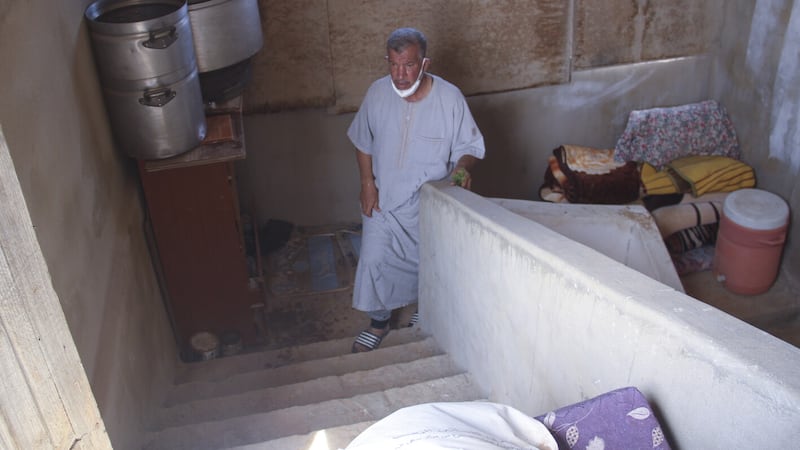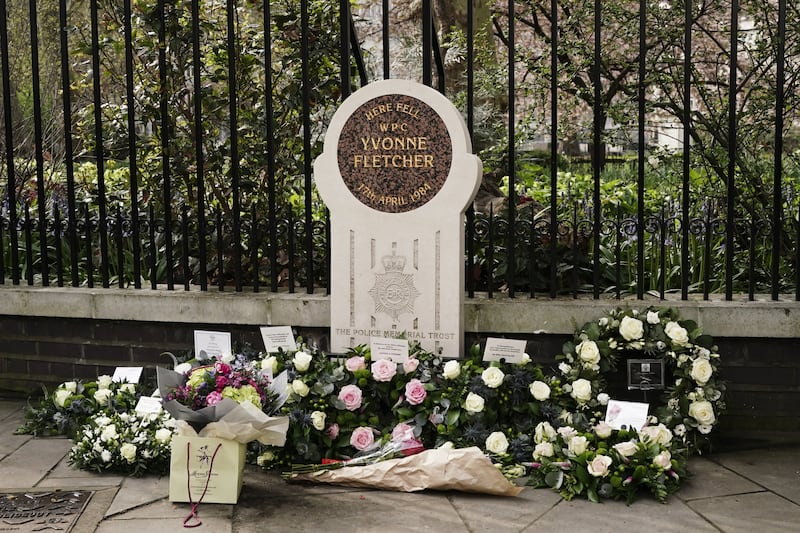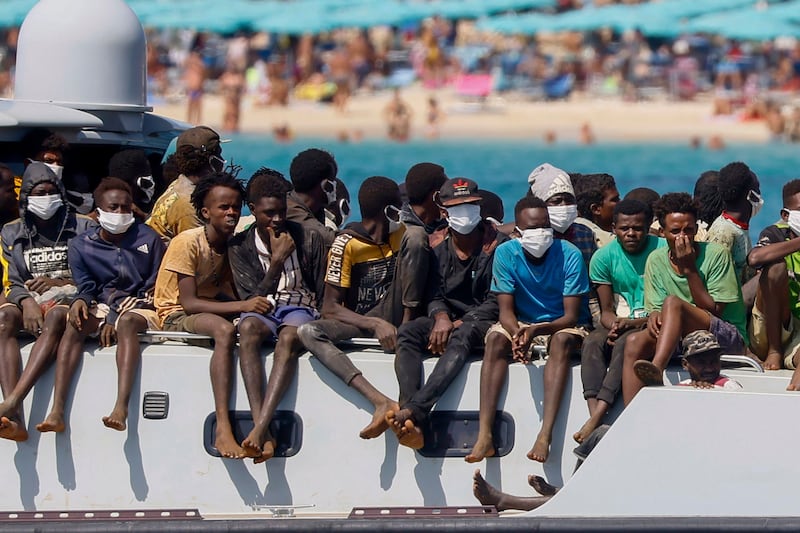Libya’s chief prosecutor said he has ordered the detention of eight current and former officials pending his investigation into the collapse of two dams earlier this month.
The disaster sent a wall of water several meters high through the centre of a coastal city and left thousands of people dead.
The two dams outside the city of Derna broke up on September 11 after they were overwhelmed by Storm Daniel, which caused heavy rain across eastern Libya.
The structures’ failure inundated as much as a quarter of the city, officials have said, destroying entire neighbourhoods and sweeping people out to sea.
Government officials and aid agencies have given estimated death tolls ranging from more than 4,000 to more than 11,000.
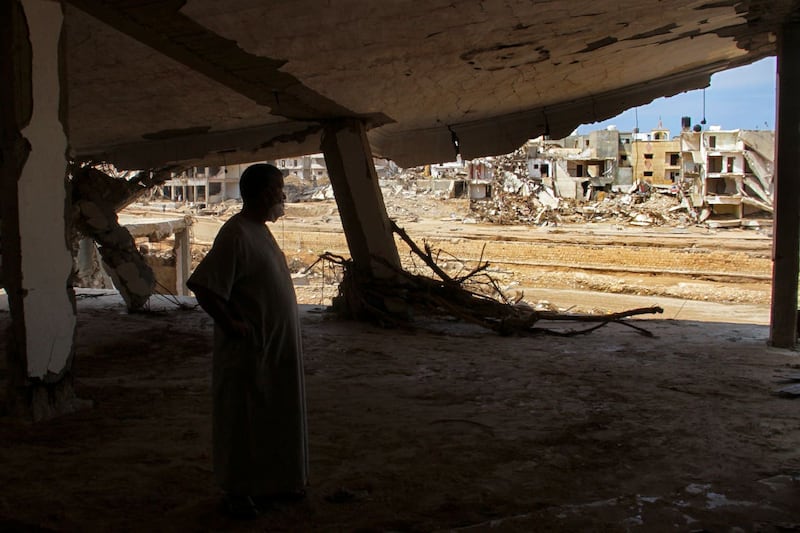
The bodies of many of the people killed still are under rubble or in the Mediterranean, according to search teams.
A statement by the office of general prosecutor al-Sidiq al-Sour said prosecutors on Sunday questioned seven former and current officials with the Water Resources Authority and the Dams Management Authority over allegations that mismanagement, negligence and mistakes contributed to the disaster.
Derna mayor Abdel-Moneim al-Ghaithi, who was sacked after the disaster, was also questioned, the statement said.
The eight former and current officials did not provide evidence to spare them from potential charges and prosecutors ordered them jailed pending the completion of the investigation, the statement added.
The chief prosecutor said eight other officials would be summoned for questioning.
The questioning and jailing of officials were the first crucial steps by the chief prosecutor in his investigation, which is likely to face daunting challenges due to Libya’s years of divided leadership.
Mounting calls for an international investigation into the disaster reflects the deep public mistrust in state institutions.
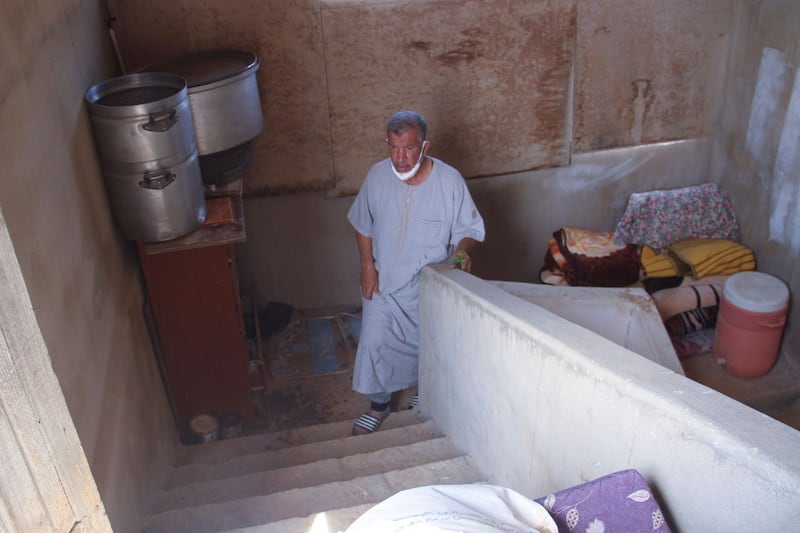
The oil-rich North African nation has been in chaos since 2011, when an Arab Spring uprising, backed by Nato, ousted longtime dictator Muammar Gaddafi, who was later killed.
For most of the past decade, rival administrations have claimed authority to lead Libya.
The country’s east has been under the control of General Khalifa Hifter and his self-styled Libyan National Army, which is allied with a parliament-confirmed government.
A rival administration is based in the capital, Tripoli, and enjoys the support of most of the international community.
The dams were built by a Yugoslav construction company in the 1970s above Wadi Derna, a river valley dividing the city.
They were meant to protect the city from flash floods, which are not uncommon in the area.
The dams were not maintained for decades, despite warnings by scientists that they may burst.
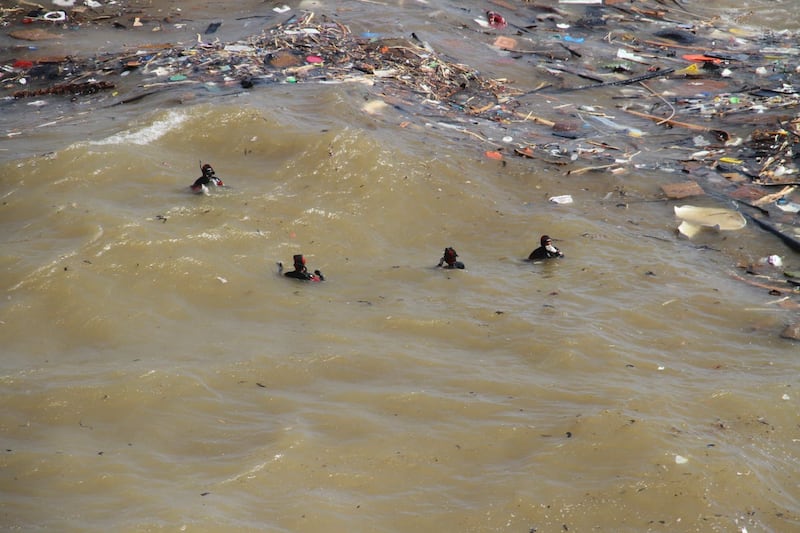
A report by a state-run audit agency in 2021 said the two dams had not been maintained despite the allocation of more than two million US dollars (£1.64 million) for that purpose in 2012 and 2013.
A Turkish firm was contracted in 2007 to carry out maintenance on the two dams and build a third one between them.
The firm, Arsel Construction Company, said on its website it completed its work in November 2012. It did not respond to an email seeking further comment.
Two weeks after the dams collapsed, local and international teams were still digging through mud and hollowed-out buildings to look for victims.
They also are combing the Mediterranean Sea off Derna for the bodies of people who were swept away.
The flood of water from the dams left as much as one-third of Derna’s housing and infrastructure damaged, according to the UN’s Office for Co-ordination of Humanitarian Affairs (OCHA).
Authorities have evacuated the most impacted part of the city, leaving only search and ambulance teams, the UN office said.
The World Health Organisation says more than 4,000 flood-related deaths have been registered but the head of Libya’s Red Crescent previously cited a death of toll of 11,300.
OCHA says at least 9,000 people remain missing.
The dead in eastern Libya include foreigners living in the North African countries.
The storm hit other areas in eastern Libya, including the towns of Bayda, Susa, Marj and Shahatt.
Tens of thousands of people have been displaced in the region and took shelter in schools and other government buildings.
